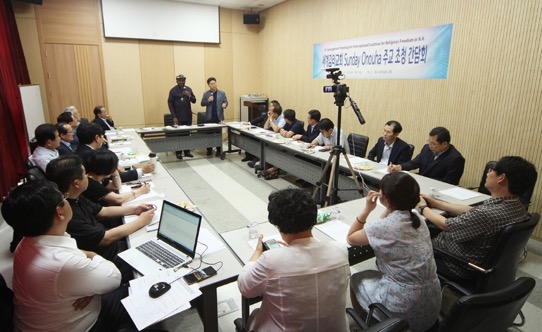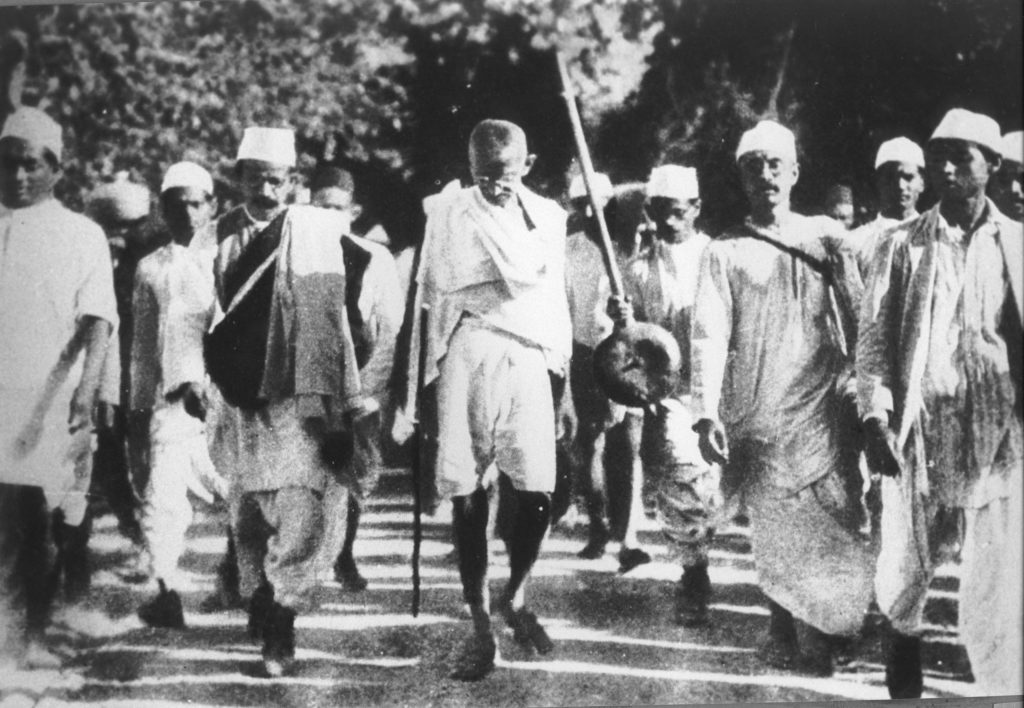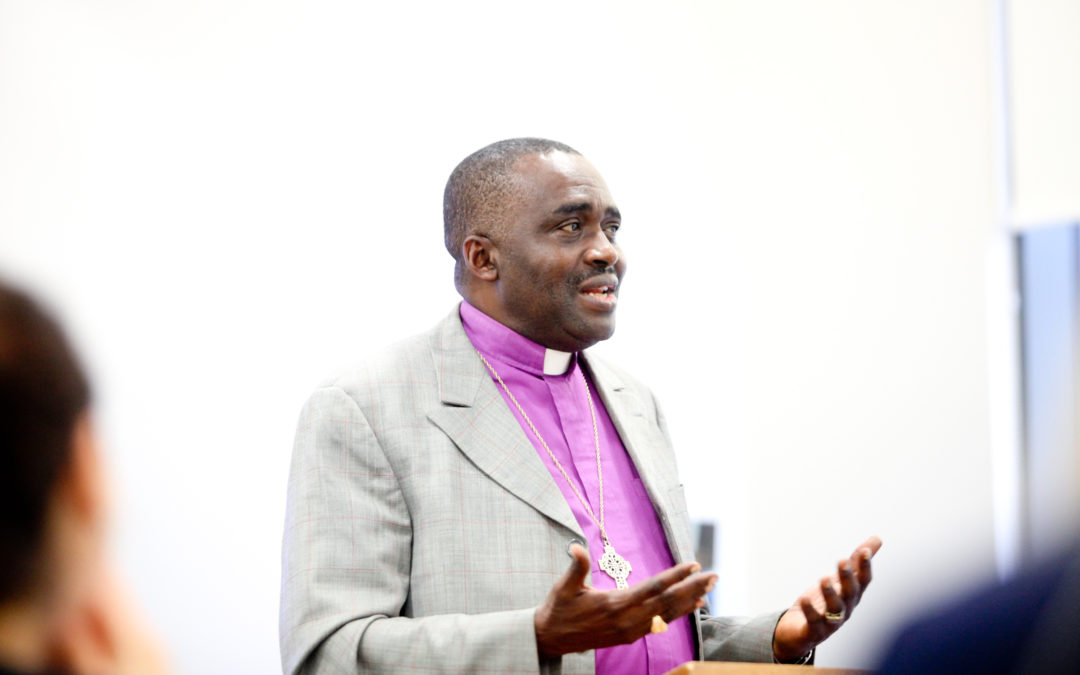“Religious people must work together within their communities to solve common social problems. The issue of the divided Korean peninsula should be viewed in this light. When you reach out and help those who suffer, they will meet God through you. This is how true missionary work can be done.”
-Bishop Sunday Ndukwo Onuoha
Bishop Sunday Ndukwo Onuoha has seen the power of interfaith cooperation first hand in his home country of Nigeria.
In 2009, an average of 300,000 people died from malaria. Studies concluded that the challenges were not for lack of knowledge or resources, but getting individuals and families to implement preventative measures into their daily life.
Nigeria Inter-Faith Action Association recognized that faith leaders played an important part in addressing the health epidemic. NIFFA calls it the “faith effect.” Faith leaders have the trust of their congregation, in turn, they can teach and enforce changes in mindset and behavior. Muslim and Christian leaders have worked together with NIFFA to take the message and practices of malaria prevention to their congregation. In Kaduna state, a year later, bed net usage has increased by 60%. Nigeria continues its battle against Malaria, but the casualties are falling.

Civic and religious leaders collaborate for grassroots efforts for reunification on the Korean peninsula
In a recent visit to Korea, Bishop Sunday called on faith leaders to work together to bring the “faith effect” into action to address the crisis on the Korean peninsula.
Bishop Sunday has also been active in promoting the Global Peace Foundation’s One Family Under God campaign that has brought communities in conflict in Nigeria together to build peace based on shared values and an affirmation that they are connected as children of God.
He cited other historical examples where faith leaders working together in pursuit of a common vision to ignite popular movements that transcended racial, cultural and religious bounds, to bring about significant social transformation, including Korea’s March First Independence Movement of 1919. Key to the public protests were faith groups that had laid the groundwork for years in their congregations, casting the vision of an independent Korea, articulating the principles and values of this new nation, and igniting a fire to lead to action.

Gandhi (center) with other peaceful protestors in the Salt March
Bishop Sunday brought forward other historical examples of social movements around the world such as Mahatma Gandhi, who reached out to people beyond the Hindu faith to advocate for India’s independence from colonial rule. He also noted that Nelson Mandela was able to embrace all people, no matter the color of their skin while endeavoring to end apartheid in South Africa. He also mentioned the example of the civil rights movement in the United States, which under the leadership of Martin Luther King Jr., was able to attract the support of people from all different religious, racial and political backgrounds.
Though the March First Movement did not lead to a free, independent and united Korea, the independence leaders who came from different faiths including Christianity, Buddhism, and Cheondoism, were able to unify millions of Koreans to peacefully protest colonial rule. Nearly 100 years later, Action for Korea United is drawing on the spirit of the March First Movement to drive towards the reunification of the two Koreas. Bishop Onuoha resolutely stated his belief that through people coming together, “reunification of the Korean Peninsula will happen.”
The original post appears on Global Peace Foundation. Global Peace Foundation is an international non-sectarian, non-partisan, nonprofit organization, which promotes an innovative, values-based approach to peacebuilding, guided by the vision of One Family under God. GPF engages and organizes a global network of public and private-sector partners who develop community, national, and regional peace building models as the foundation for ethical and cohesive societies. Dr. Hyun Jin Preston Moon is founder and chairman of the Global Peace Foundation.

